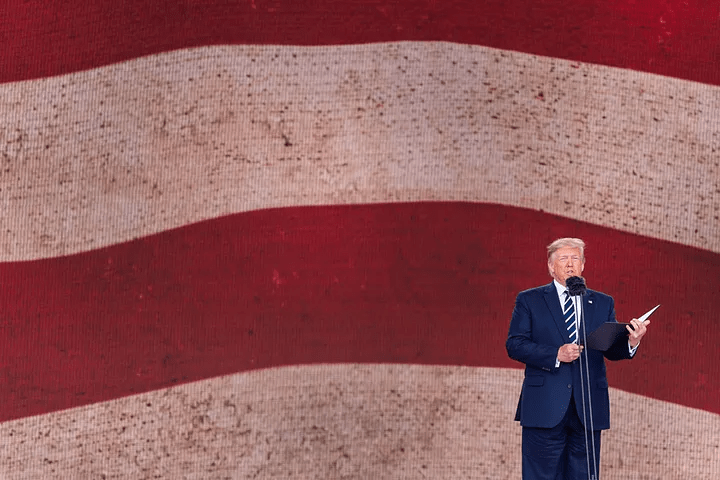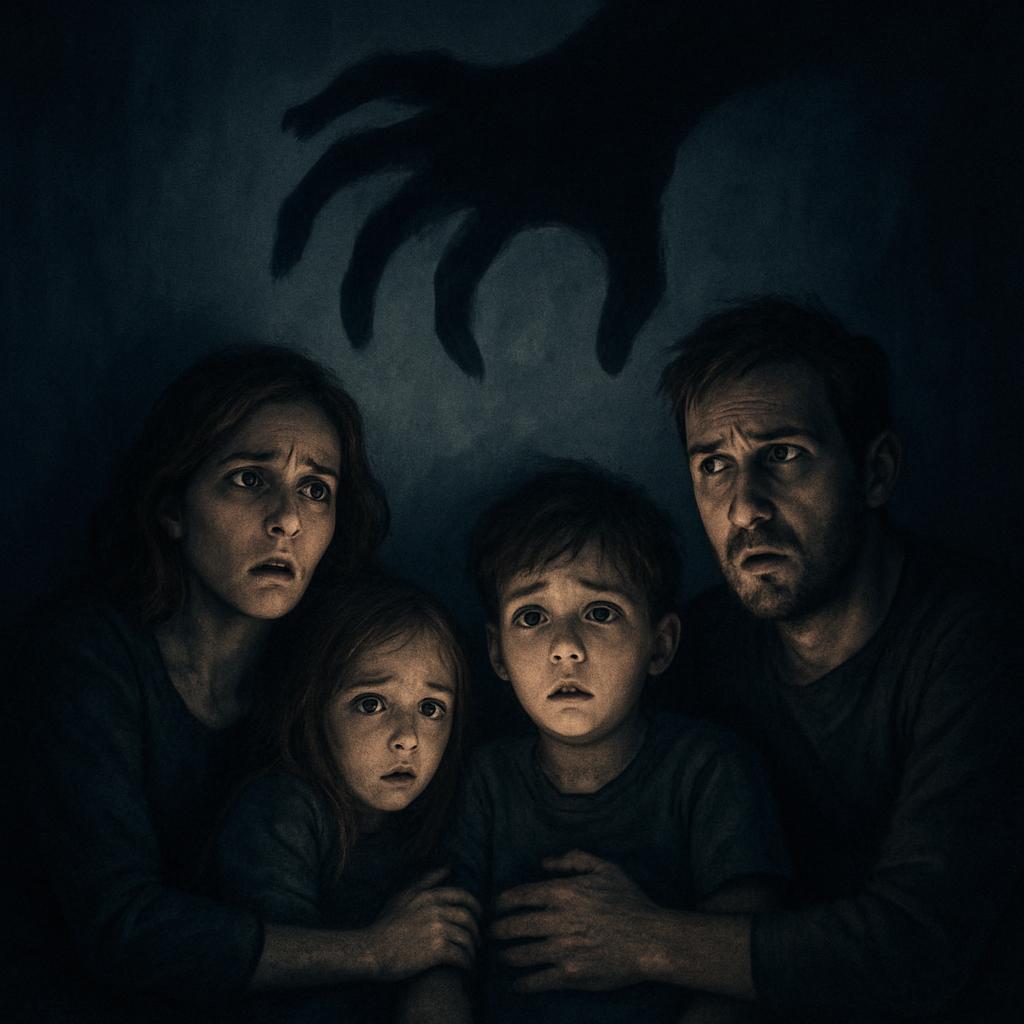
Dear Republican Congresspersons,
I have always considered myself a Republican, because the issues I care the most about are the “moral” issues of social conservatism—family values, keeping a child-centric society, preserving moral boundaries in matters of so-called self-expression, preserving the various means by which our society tells its best and truest story about itself to the next generation, fidelity to the Constitution, which I believe was divinely inspired in a significant degree, preserving those aspects of traditional morality that I believe to be right, conserving and developing a wholesome sense of American identity, conserving belonging and community in our neighborhoods, religious freedom, etc. I acknowledge many of the values underlying these issues are not unique to conservatives. But the Republican Party—the party of Abraham Lincoln—has always seemed to me the better servant of these values. Like many others of my ilk, I have never liked President Trump.
I have, to a certain extent, rejoiced in my society’s recent cultural rebuke to what the Free Press is calling the “illiberal Left” (cancel culture, the Left’s identity politics, the casual use of terms like “bigot” when opinions about the Left’s pet moral issues diverge from a moral orthodoxy that cannot seem to stay put for a single year, much less a single decade, etc.). But Trump’s strong-arm way of going about his part in that rebuke has always seemed wrong-minded and polarizing to me. Continue reading





